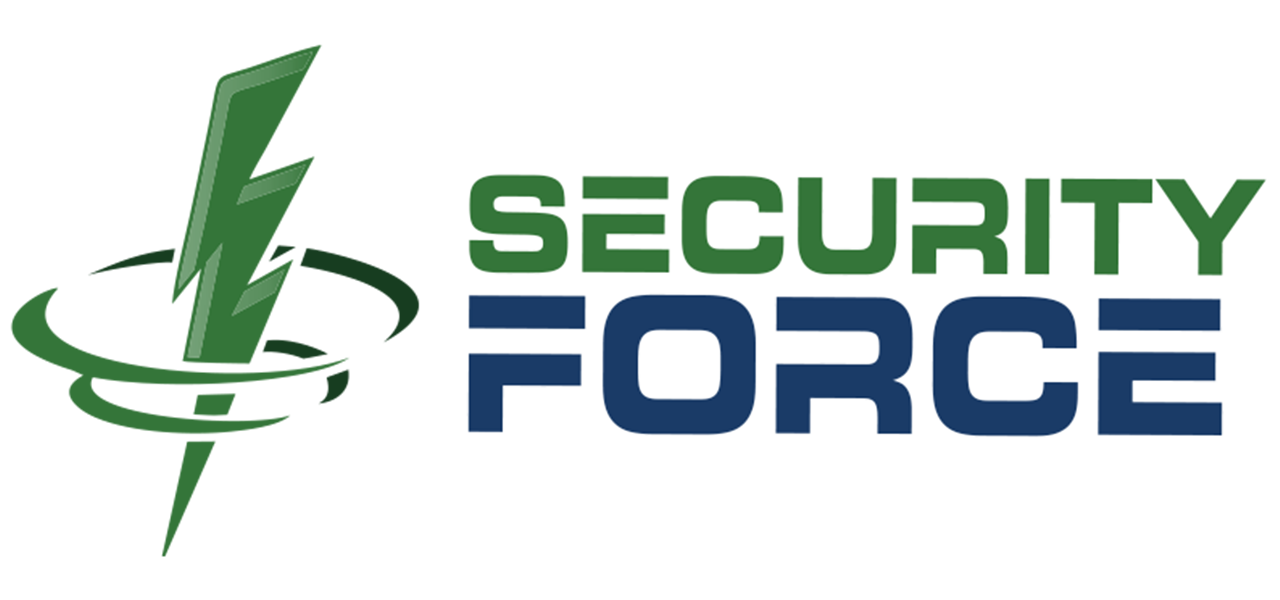If you ever heard your grandad—or someone else from an earlier generation—say, “Locks are for honest people,” you might have shrugged it off as old-fashioned wisdom. But that simple phrase holds a surprisingly deep insight about human behavior, security, and trust. And it’s just as relevant today as it was when he first said it.
At face value, the statement seems paradoxical. Aren’t locks supposed to keep out dishonest people—thieves, intruders, those with bad intentions? But your grandad wasn’t saying that locks are useless. He was pointing out a fundamental truth: most security measures work because most people already choose to follow the rules.
The Real Power of Locks
A lock on your door, a password on your account, or a badge scanner at your office isn’t an impenetrable force field. With the right tools, enough time, or a bit of know-how, these protections can be bypassed. In truth, they’re more like social signals than iron barriers.
Locks say, “This isn’t yours—don’t come in.” They define a boundary. They communicate expectations. And for most people, that’s all it takes. People who respect norms and laws don’t need a 12-digit encrypted key or a biometric scanner to stay out of places they shouldn’t be. They see a lock and they get the message: “Not for me.”
In this sense, locks work because most people are honest.
What About the Dishonest?
Of course, not everyone is honest. And that’s why we use locks in the first place. But it’s important to understand that physical and digital locks are ultimately deterrents, not guarantees. Determined bad actors—whether burglars, hackers, or scammers—can often find a way in if they’re motivated.
What good locks (and good security practices) do is raise the cost of misbehavior. They increase the effort, time, and risk involved in crossing a boundary. They don’t make it impossible; they make it inconvenient. And for most opportunists, that’s enough to walk away.
But here’s the kicker: if someone is truly intent on breaking in, no lock alone will stop them. That’s why culture, awareness, and vigilance are just as important as any security hardware.
A Lesson in Trust and Boundaries
When your grandad said, “Locks are for honest people,” he was also reflecting on the nature of trust. In a small town, people often left their doors unlocked not because crime didn’t exist, but because relationships and social expectations filled in where technology left off. You didn’t take what wasn’t yours—not just because you might get caught, but because it violated the unwritten rules of the community.
Today’s world is more complex, and we have to think beyond neighborhood trust. But the principle still applies: security starts with shared understanding and mutual respect. Locks are a reminder of those expectations, not a substitute for them.
Applying the Wisdom Today
So what does this old saying teach us in the modern world of digital locks, surveillance cameras, and cybersecurity?
It reminds us that technology is just one layer. Strong passwords, alarm systems, and two-factor authentication are critical—but they depend on people choosing to do the right thing and systems being used as intended.
It also tells us that over-relying on tools while ignoring human behavior is a mistake. A business might install top-of-the-line security cameras, but if employees hold the door open for strangers without checking badges, the system fails. A server might be encrypted, but if someone shares their login out of convenience, it’s vulnerable.
The Bottom Line
“Locks are for honest people” is more than a quaint saying—it’s a truth we often forget. Most people follow rules not because they’re forced to, but because they want to. Locks help reinforce those boundaries and deter the few who might stray.
So by all means, lock your doors. Use strong passwords. Install the cameras and enable the alarms.
But never forget: the real strength of any security system lies in the choices people make. Just like your grandad always knew.

